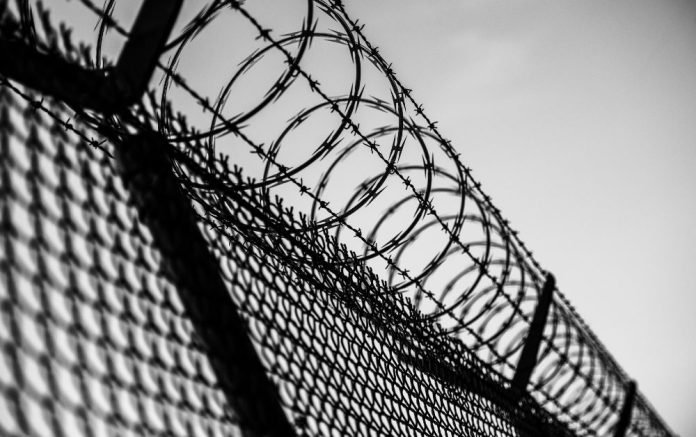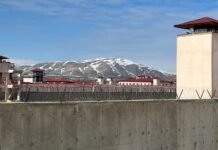Turkey’s Justice and Development Party (AKP) government is planning to expand the probation system to release thousands of prisoners instead of granting a much-anticipated amnesty, Turkish Minute reported, citing the Gazete Pencere news website.
Reports had previously emerged that the AKP government was preparing to grant amnesty to a large number of individuals currently serving prison sentences, with the exception of political prisoners.
However, according to an report by Gazete Pencere columnist Nuray Babacan, the government is planning to release prisoners without granting any amnesty. The rumored bill is set to cover those temporarily released from prison during the COVID pandemic, solidifying their leave status and implementing a different probation period formula.
The regulation is set to apply to crimes committed before the COVID-related furloughs began. Over 122,000 convicts are currently on COVID leave, with the new regulations expected to ensure that at least 70,000 of them do not return to prison.
According to Baycan’s report, an AKP insider said less than 10 percent of those released due to COVID had violated probation rules, while 25,000 of those currently on leave are actively employed. However, a violation of probation conditions will result in these individuals returning to prison.
Turkey currently has approximately 360,000 convicts and detainees in its prisons. The proposed regulation will extend the probation period to enable more convicts to be released on probation.
However, according to Babacan, this proposed regulation will not cover all types of crimes. It will not apply to crimes such as assault and murder of family members and the disabled, sexual crimes and “crimes against the state,” a vague label which, according to critics, is used to jail dissidents.
This development comes after previous claims suggested that the AKP government, in collaboration with its close ally, the Nationalist Movement Party (MHP), was preparing a bill for the early release of prisoners involved in various crimes, including sexual crimes and drug offenses.
During the peak of the COVID-19 pandemic in 2020, the government released a third of the country’s prison population, excluding political prisoners.















